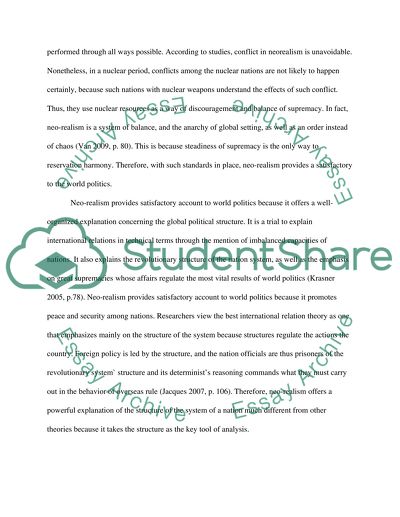Cite this document
(“What extent does neo-realism provide a satisfactory account of world Essay”, n.d.)
What extent does neo-realism provide a satisfactory account of world Essay. Retrieved from https://studentshare.org/history/1482024-what-extent-does-neo-realism-provide-a
What extent does neo-realism provide a satisfactory account of world Essay. Retrieved from https://studentshare.org/history/1482024-what-extent-does-neo-realism-provide-a
(What Extent Does Neo-Realism Provide a Satisfactory Account of World Essay)
What Extent Does Neo-Realism Provide a Satisfactory Account of World Essay. https://studentshare.org/history/1482024-what-extent-does-neo-realism-provide-a.
What Extent Does Neo-Realism Provide a Satisfactory Account of World Essay. https://studentshare.org/history/1482024-what-extent-does-neo-realism-provide-a.
“What Extent Does Neo-Realism Provide a Satisfactory Account of World Essay”, n.d. https://studentshare.org/history/1482024-what-extent-does-neo-realism-provide-a.


